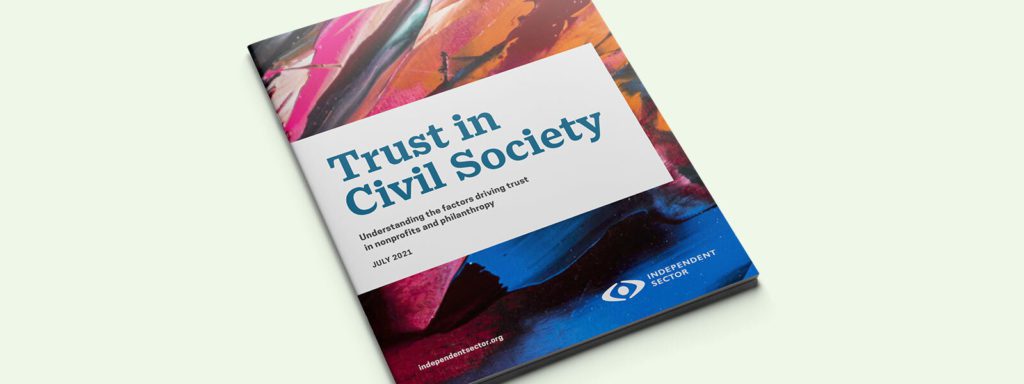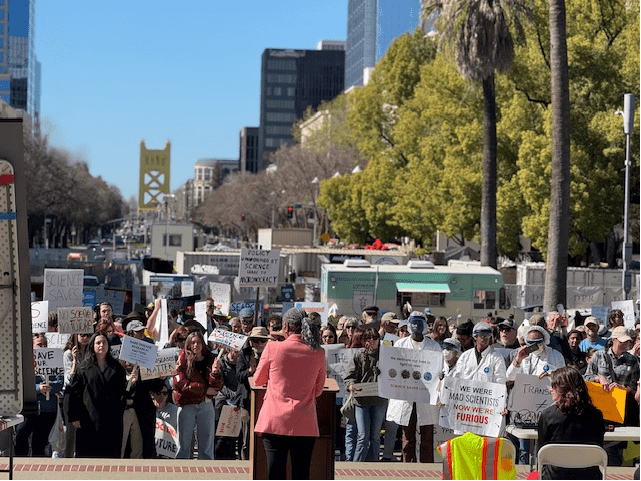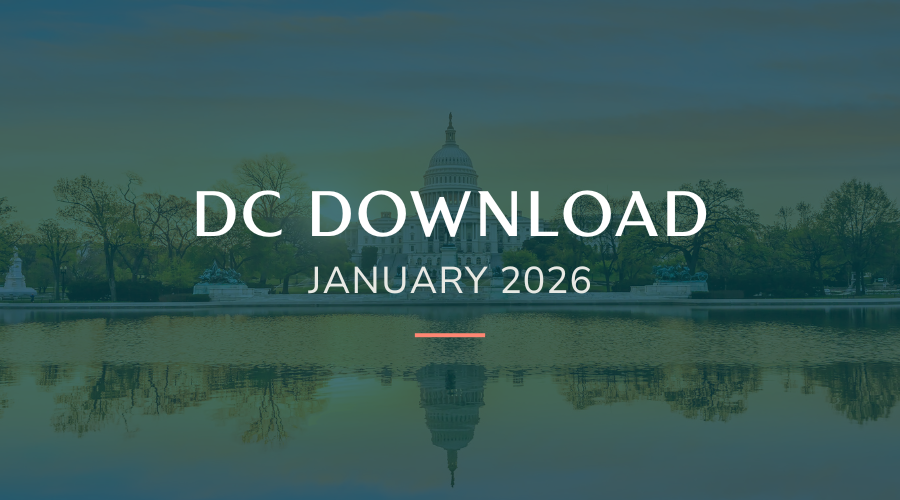Last week, Independent Sector released our second annual survey, Trust in Civil Society, which explores the American people’s trust of nonprofit organizations and philanthropic institutions. Conducted in partnership with Edelman Data & Intelligence, we conducted two national surveys, totaling 8,000 adults.
I encourage you each to read and reflect on the findings for yourself and in the context of your own communities and constituencies, but here are just some of the themes and findings:
- Institutional trust is declining – and nonprofits and philanthropy are not immune to this trend. Trust in all institutions is returning to pre-pandemic levels.
- Trust disparities deepen and align with broader social trends. For example, Americans with lower incomes, lower levels of education, and residents of rural areas have consistently less trust in the sector than their wealthier, more educated peers.
- Public confidence in the sector (nonprofits and philanthropy) as a force for good remains.
- Civic action and trust reinforce one another. Sizable majorities say trust is a necessary factor for them to support nonprofit organizations.
- Greater engagement breeds trust. People who are familiar with nonprofits and philanthropy are more likely to trust them.
- Purpose and integrity fuel trust in individual nonprofits, but sector drivers are less clear.
In reading the report and doing my own reflection on these findings, I am reminded of a quote from a friend and colleague, Rev. Jennifer Bailey, who said, “Relationships are built at the speed of trust, and social change happens at the speed of relationships.” With that in mind, I am deeply troubled by the vast chasm that exists between Americans with lower-incomes, lower levels of education, and living in rural communities compared to fellow Americans in more urban areas with more wealth and education. While we have our share of work to do to create a healthy and equitable sector and society, this glaring divide should give sector leaders pause. There is no doubt that people with lower incomes, many of whom depend on our ability to solve our country’s most pressing problems, do not trust the very organizations and leaders fighting alongside them. What does that say about our ability to make social change? What does it say about our power to build meaningful, lasting relationships with the community members who have the experience and wisdom to shape our strategies and impact?
Another finding reports that the lines of trust and distrust also break down along political lines, with “trusters” more likely to be registered Democrats and “distrusters” more likely to be registered Republicans. As an organization that advocates on behalf of the whole sector, this particular trust divide along the political spectrum could be a perilous barrier to our advancing long-term policy solutions on a federal level. For nonpartisan organizations, these political dynamics of our day have grave implications for our missions and communities.
This data raises a whole set of questions that I’d love to explore further with you. Do you have immediate reactions or questions of your own? Please do consider writing me directly to explore them. As I think of how we create more spaces in our current community and engagement platform to have these conversations, I welcome your feedback, reflection, and even criticism. Without a doubt, we will be having these conversations at the 2021 Upswell Summit (registration opens this afternoon). I also want to acknowledge that in our attempt to get our data out to the sector as quickly and efficiently as possible, we made an error in the data that we deeply regret. It has been corrected, but it also lets us take a moment to recognize that even in our rush to be deadline driven, we may have lost an opportunity to build trust with all of you around your confidence in this data. As an organization that strives to learn from both our successes and failures, we thank you for your grace and hope to continue to open up the space for dialogue around this critical issue of trust in the sector.
This data, combined with each of our lived experiences, is the foundation for us to create a level of trust that will sustain our path toward positive social change. Thank you for being on this journey with us.



